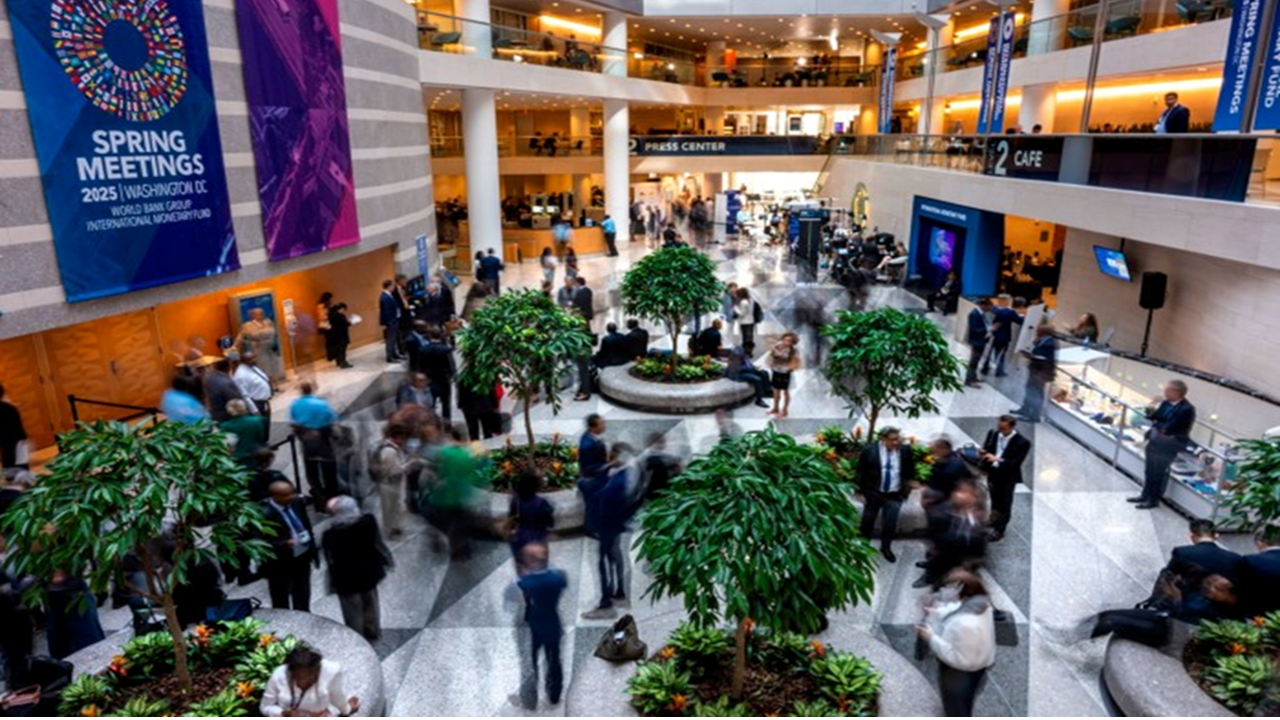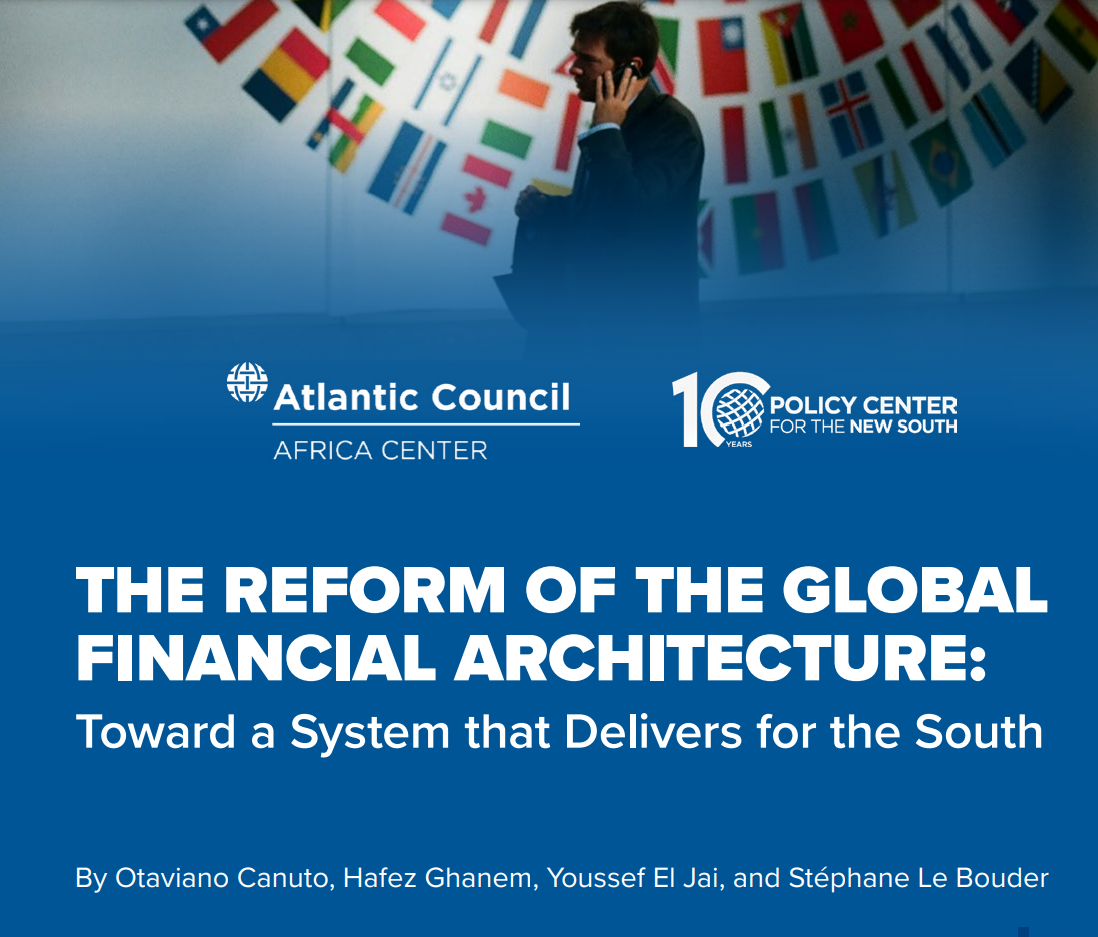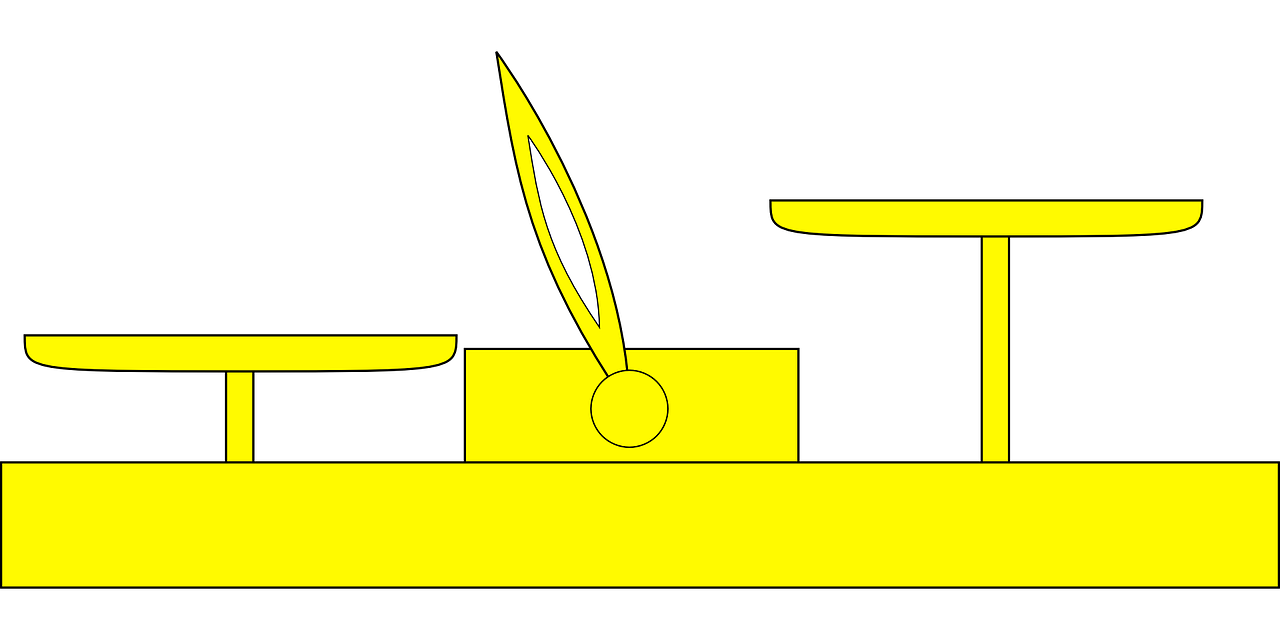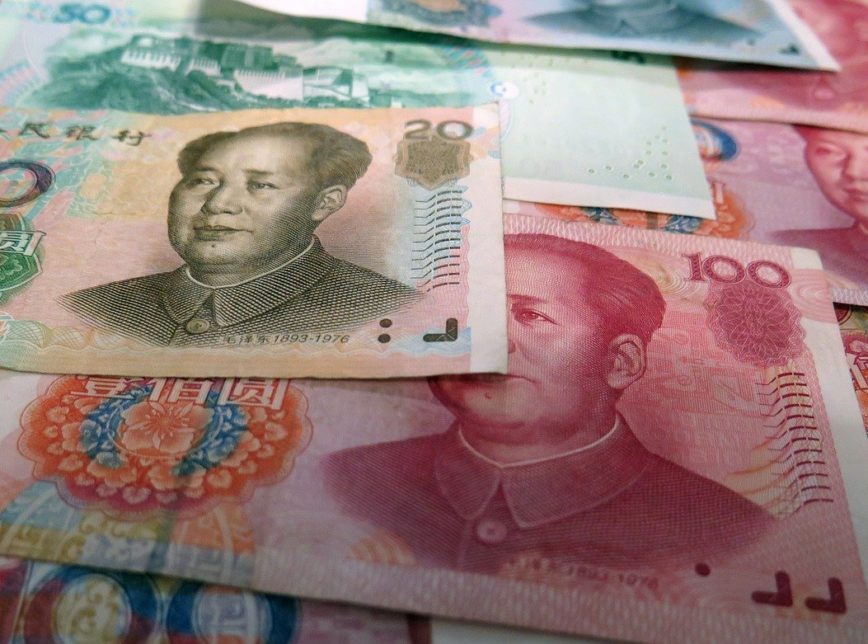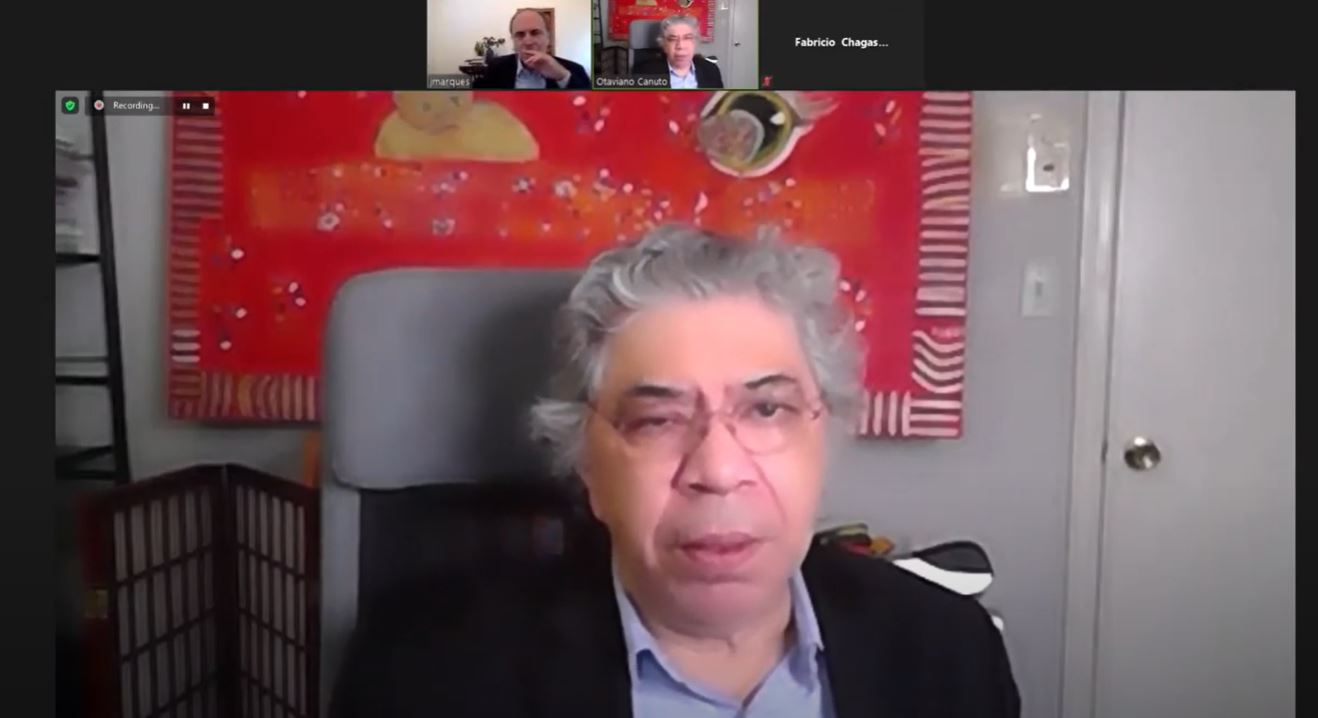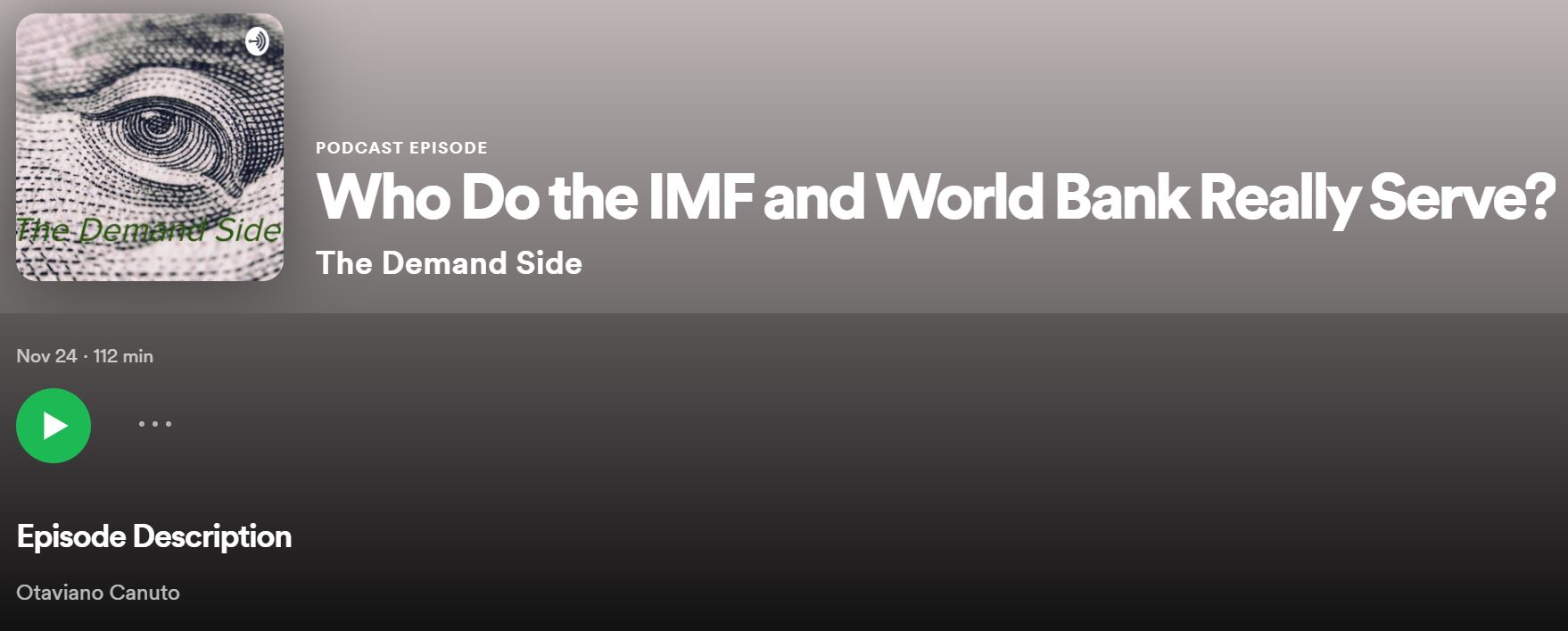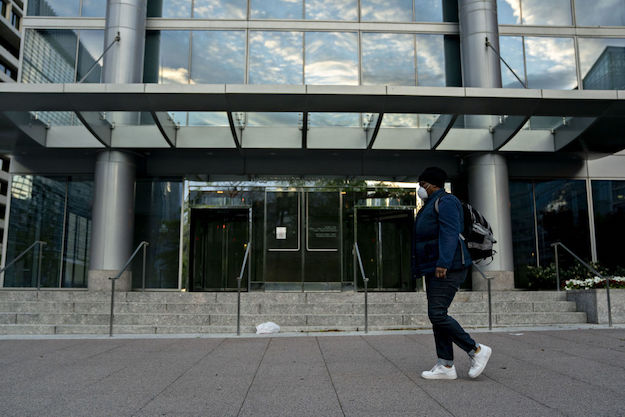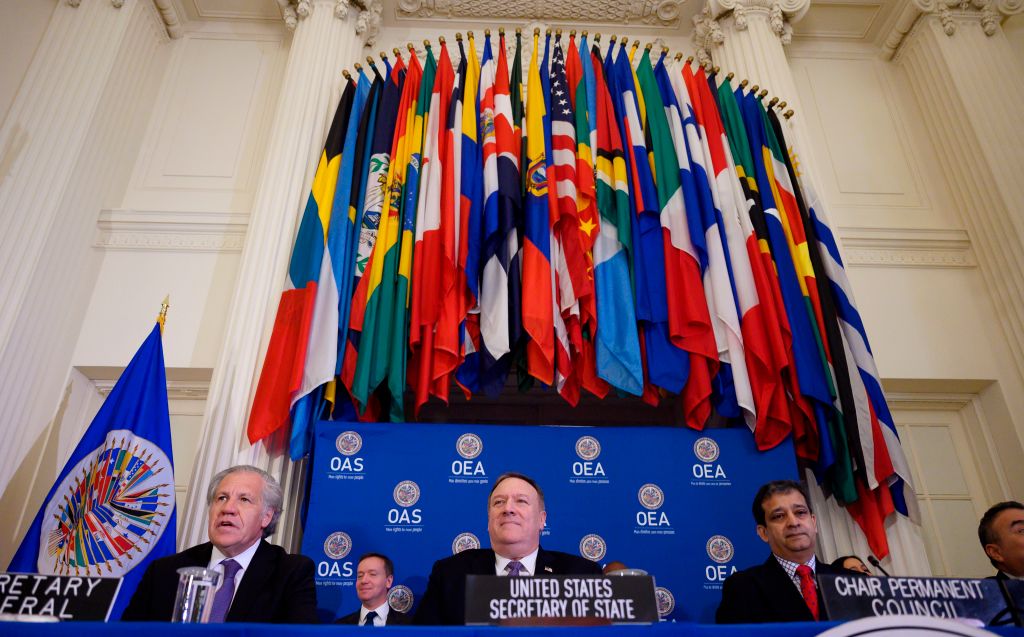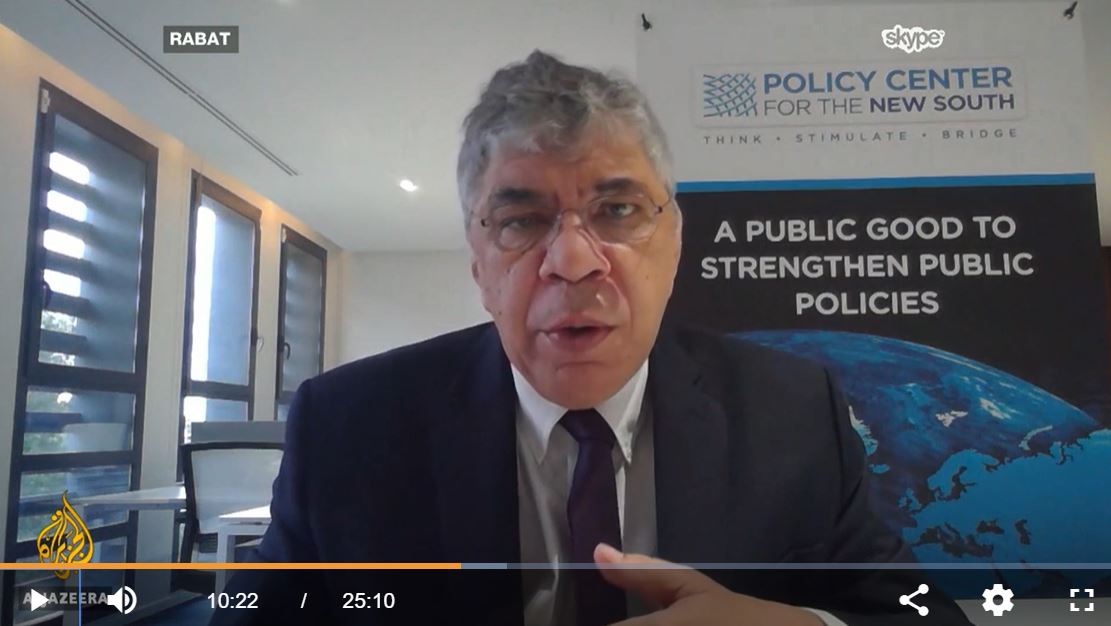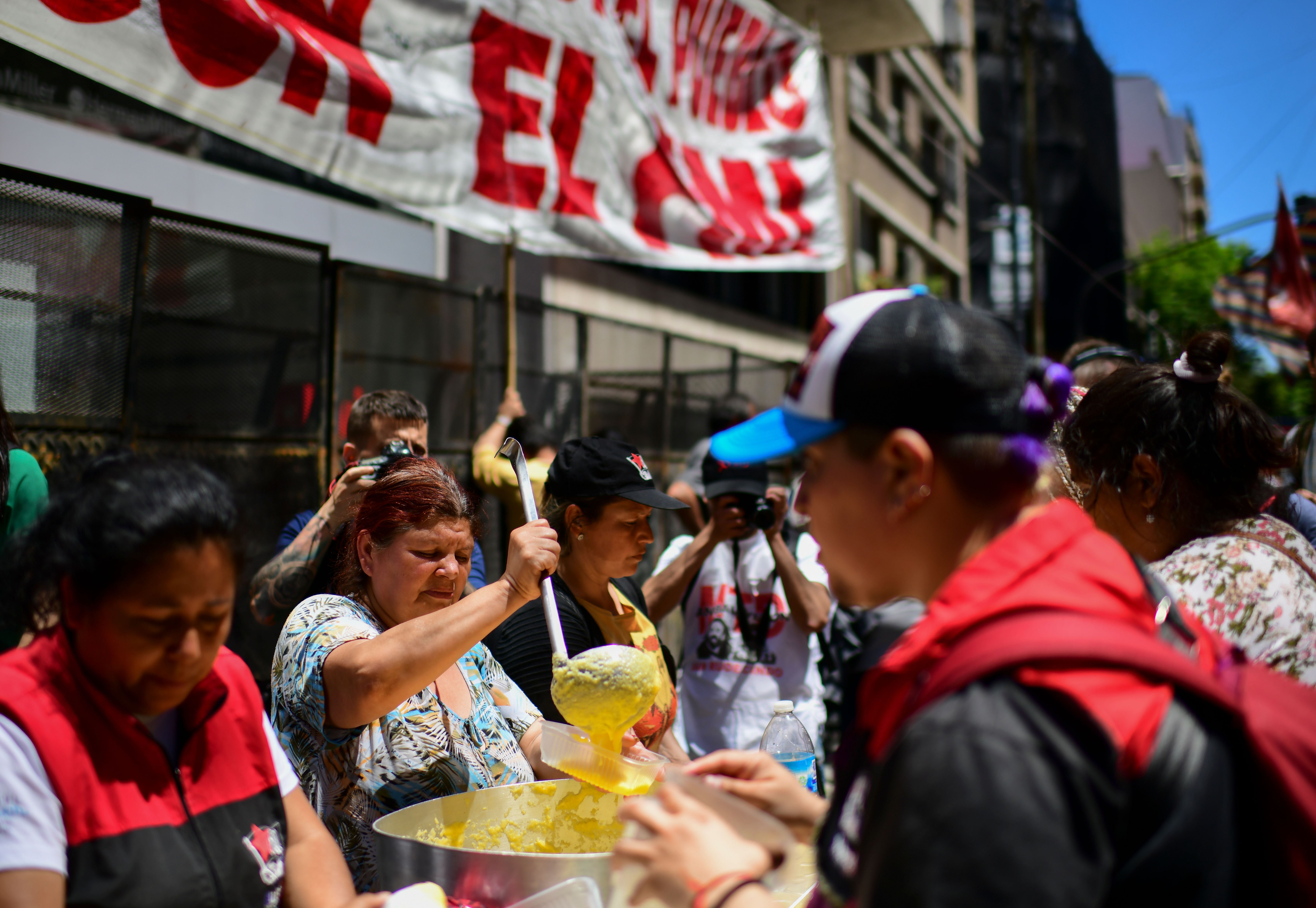The Spring of Tariff Regret
The IMF has reviewed the global growth downward, highlighting the impacts of Trump's tariff war and warning about financial and economic risks. Although the negative effects of tariffs have already been “somewhat priced in,” according to Tobias Adrian (IMF), equity and bond prices could “certainly” fall further if negotiations fail. So, it’s either successful negotiations or further stress and downgrades.

